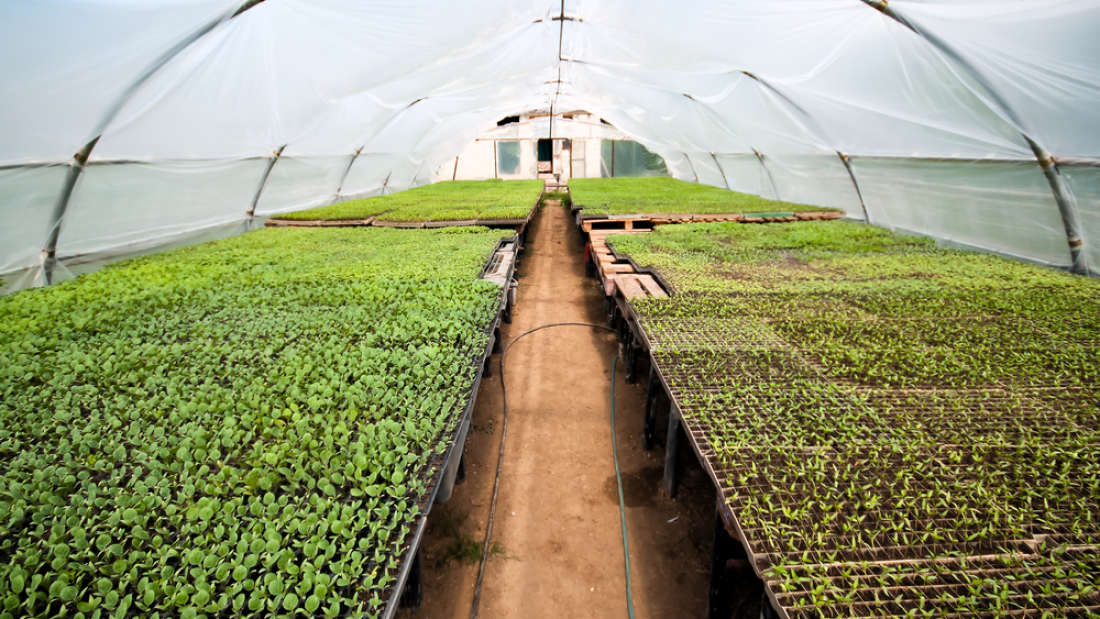
A new study has suggested that that organic farming may have a bigger environmental impact on soil and water quality than previously thought.
The research, by the University of British Columbia, in Canada, found that organic agriculture could be worse for the environment than mainstream farming because it needs more land to grow the same amount of food.
The study suggests that land conversion is “the leading contributor to habitat loss and climate change”.
However, it also admits that organic farming methods could be better for biodiversity, and highlights areas for further research, discussion and improvements.
“Organic is often proposed (as) a holy grail solution to current environmental and food scarcity problems, but we found that the costs and benefits will vary heavily depending on the context,” said Verena Seufert, a researcher at the Institute for Resources, Environment and Sustainability (IRES).
Seufert and co-author Navin Ramankutty argue that in countries like Canada where pesticide regulations are stringent and diets are rich in micronutrients, the health benefits of choosing organic may be marginal.
Previous research has shown that on average, the yield of an organic crop is 19 to 25 per cent lower than under conventional management, and Seufert and Ramankutty find that many of the environmental benefits of organic agriculture diminish once lower yields are accounted for.
“While an organic farm may be better for things like biodiversity, farmers will need more land to grow the same amount of food,” said Seufert. “And land conversion for agriculture is the leading contributor to habitat loss and climate change.”
